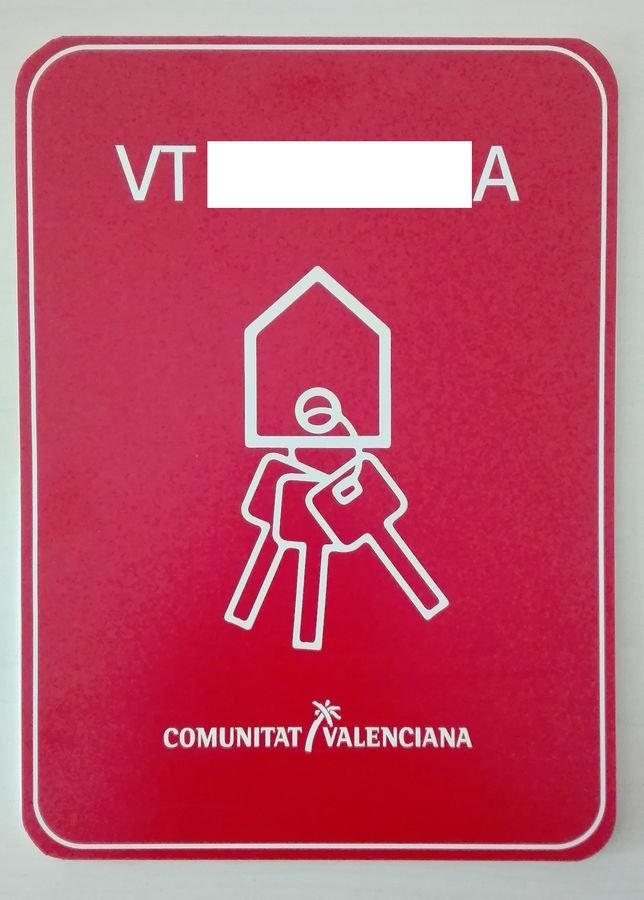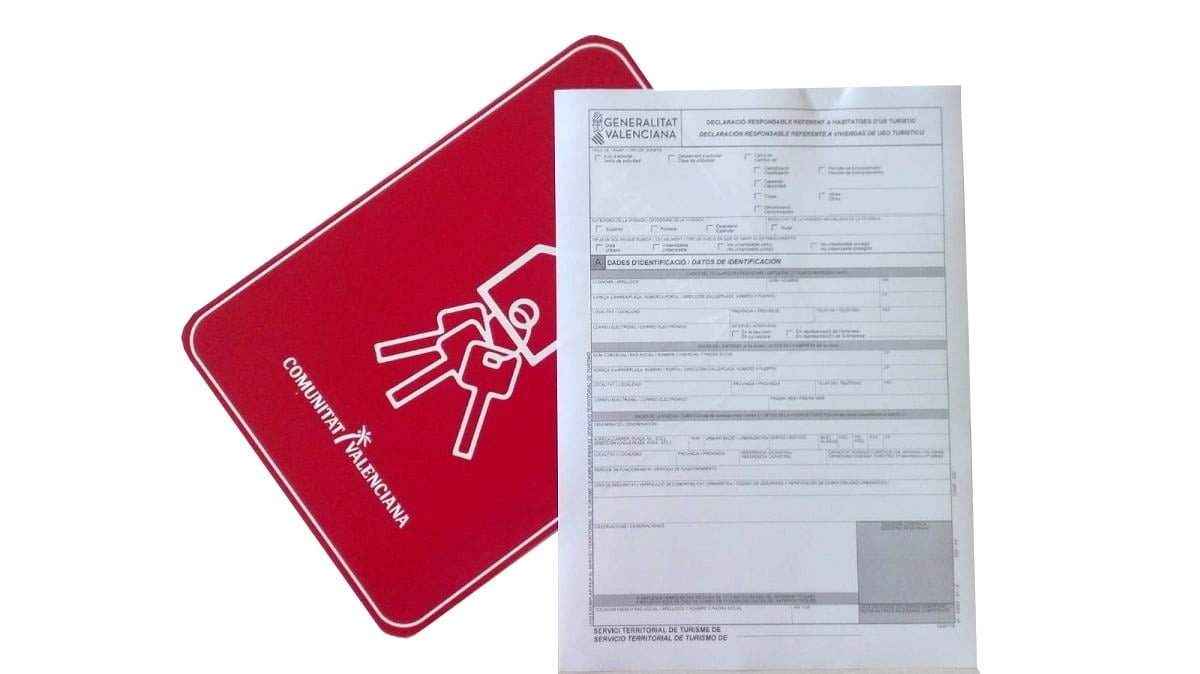Everything about getting a Tourist Licence in Spain
What is the Tourist Licence?
The Spanish tourist license, also known as “licencia de vivienda turística,” is a legal requirement for property owners who want to rent out their homes or apartments to tourists for short stays. This license ensures that the property meets certain safety and quality standards, and is registered with the local authorities. Failure to obtain this license can result in significant fines and legal penalties.
How to obtain a Tourist Licence:
An individual seeking to engage in short-term tourist rentals must obtain a tourist license in compliance with local regulations. The process of obtaining a rental permit may differ depending on whether the applicant is a private tenant or a company; businesses planning to use more than 5 properties for rent are required to register a business activity.
Firstly, the applicant should apply to the City Hall for a document granting permission to rent an apartment, known as Compatibilidad Urbanistica Que Permita el Uso Turistico.
Next, the applicant should complete the Declaracion Responsable Referente a Viviendas de Uso Turistico application form, which must be submitted to an administrative authority located in the province where the property is situated or to the Registro Territorial de Turismo in Alicante or Valencia.
Upon registration of the property, the applicant will receive a license number, location code, and the property will be placed in the appropriate category. It is necessary to display all these signs in promotional materials on booking sites and other relevant locations where lease offers will be advertised. Prospective renters of private property should also be aware of the rules and regulations of the relevant housing association. In some cases, certain landlord’s associations may prohibit the rental of tourist premises in a given building.
Tourist licence classifications & requirements:
It’s good to know that there are three different types of classifications according to the facilities available to guests. These include Superior, Premier, and Standard. The specific requirements for each classification can be found in the handy table below:
| Requirements | Superior | Premier | Standard |
| Public entrance | Yes | No | No |
| Lift | (property on floor 2 & above) | (property on floor 3 & above) | (property on floor 4 & above) |
| Stairs | Yes | No | Yes |
| Parking | Yes | No | No |
| Sound & heat insulation | Yes | No | Yes |
| Noise level of facilities | Regulated by Law 7/2002 on Protection Against Noise Pollution | ||
| Plug sockets in all bedroom with labels showing voltage | Yes | Yes | Yes |
| Air conditioning in bedrooms | Yes | No | No |
| Air conditioning in living rooms | Yes | Yes | No |
| Heating in bedrooms | Yes | Yes | No |
| Heating in living rooms | Yes | Yes | No |
| Telephone or access to internet | Yes | No | No |
| Hot water | Yes | Yes | Yes |
| Garden space | Yes | No | No |
| Swimming pool (interchangeable for beach front) | Yes | Yes | No |
| Individual safes | Yes | Yes | No |
| Evacuation plan on the door of the property | Yes | Yes | Yes |
| Easily visible list of emergency and other useful telephone numbers | Yes | Yes | Yes |
| Min double bedroom size including wardrobe | 12m² | 10m² | 8m² |
| Min main bedroom size including wardrobe | 14m² | 12m² | 10m² |
| Min single bedroom size including wardrobe | 9m² | 8m² | 6m² |
| Min size of living/dining room & kitchen | 26m² | 22m² | 18m² |
| Min size of living/dining room | 20m² | 17m² | 14m² |
| Bathroom or toilet | Yes | Yes | Yes |
| Min size of bathroom | 6.5m² | 4.5m² | 4.5m² |
| Minimum size of kitchen | 8m² | 7m² | 5m² |
| Minimum size of studio apartments | 34m² | 29m² | 24m² |
| Wardrobe for every bedroom | Yes | Yes | Yes |
| Furniture | Yes | Yes | Yes |
| Bedding | Yes | Yes | Yes |
| Fridge | Yes | Yes | Yes |
| Oven / Microwave | Yes | Yes | Yes |
| Electric iron | Yes | Yes | Yes |
| Extractor Fan | Yes | Yes | Yes |
| Washing machine | Yes | Yes | No |
| Dishwasher | Yes | No | No |
| Colour TV | Yes | Yes | No |
| Laundry room | Yes | No | No |

